How Scientists Can Safeguard Themselves Online

Send us a link

Sexual harassment in STEM isolates survivors. Collective bargaining could engage the whole academic community in ending sexual harassment.

Academics too often use intellectual attainment to excuse abusive behavior. That needs to stop.
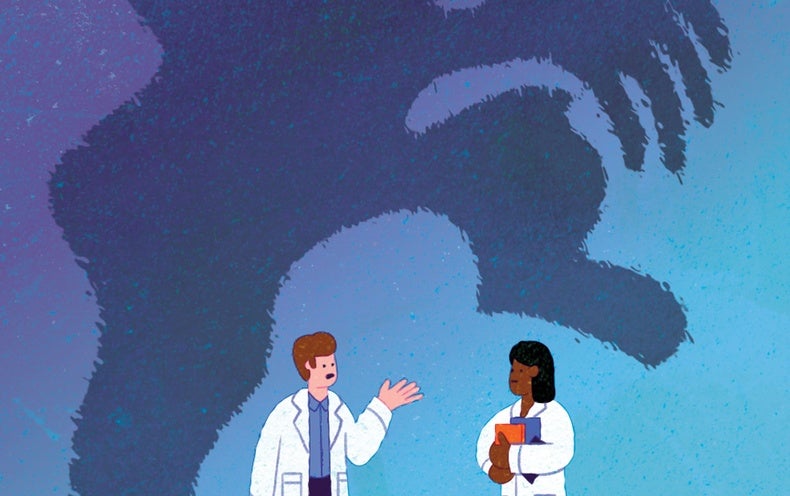
A 2020 survey of journalists in the UK found that over half had experienced online abuse in the previous year. This intimidation often aims to silence important voices and suppress reporting on sensitive issues.
NIH data hint at the extent of bullying and emotional abuse, but barriers to tackling the issue remain high, says Joanna Buscemi.

The academic and broadcaster recounts her experience of harassment by a colleague.
A research institute that appointed Pier Paolo Pandolfi as its scientific director has reversed its decision after internal protests.
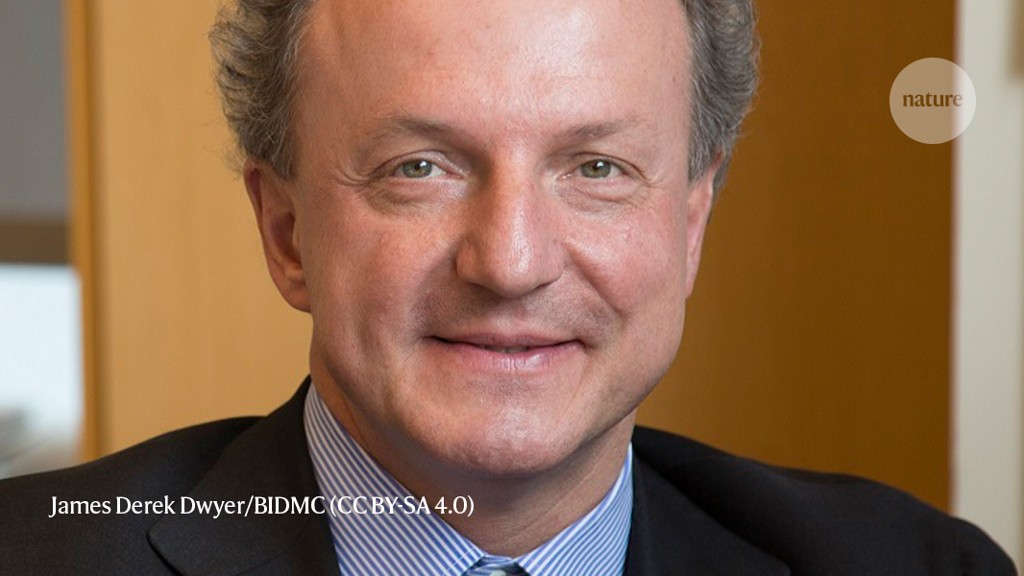
The agency has outlined actions it may take to deal with bullies and harassers, but it still relies on universities to report bad behaviour.
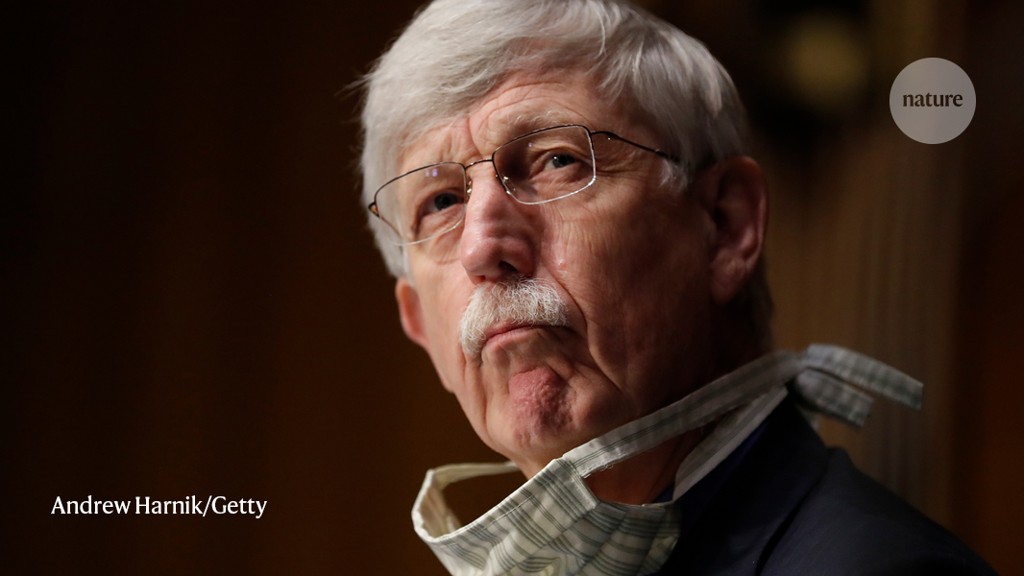
The incident raises important questions about how institutions handle accusations of harassment that occurred at different universities - particularly in the #MeToo era.
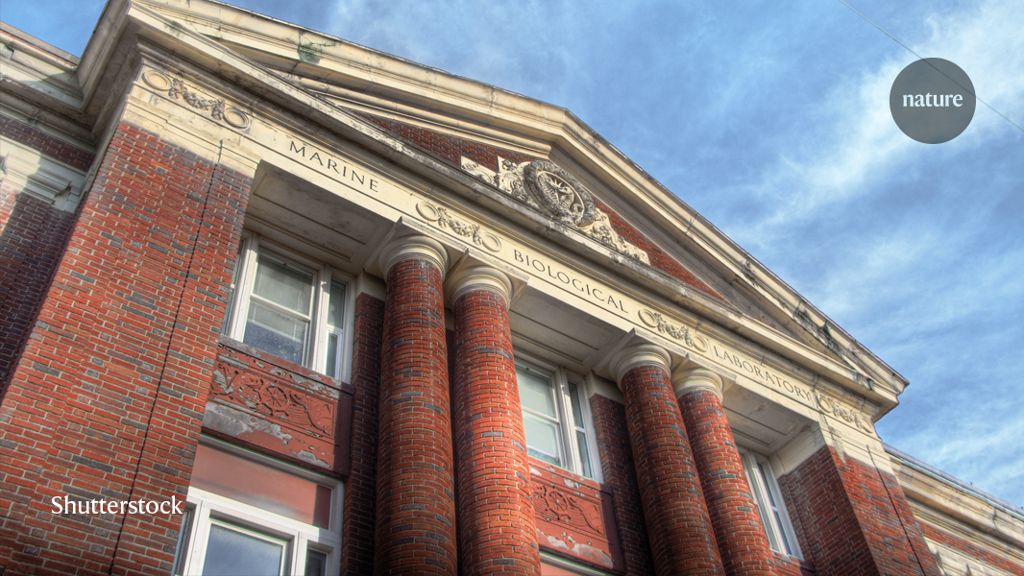
Long-running controversy had drawn extensive attention.
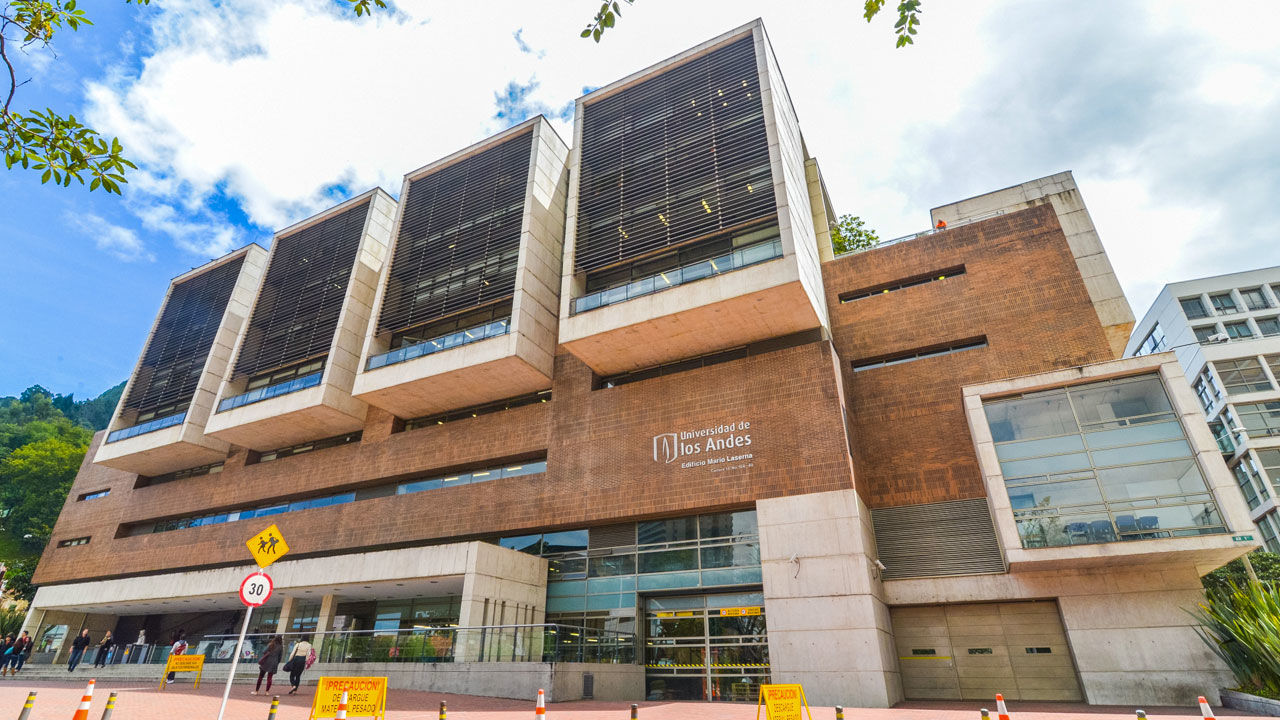
The National Academy of Sciences has come under pressure to address misconduct in recent years.
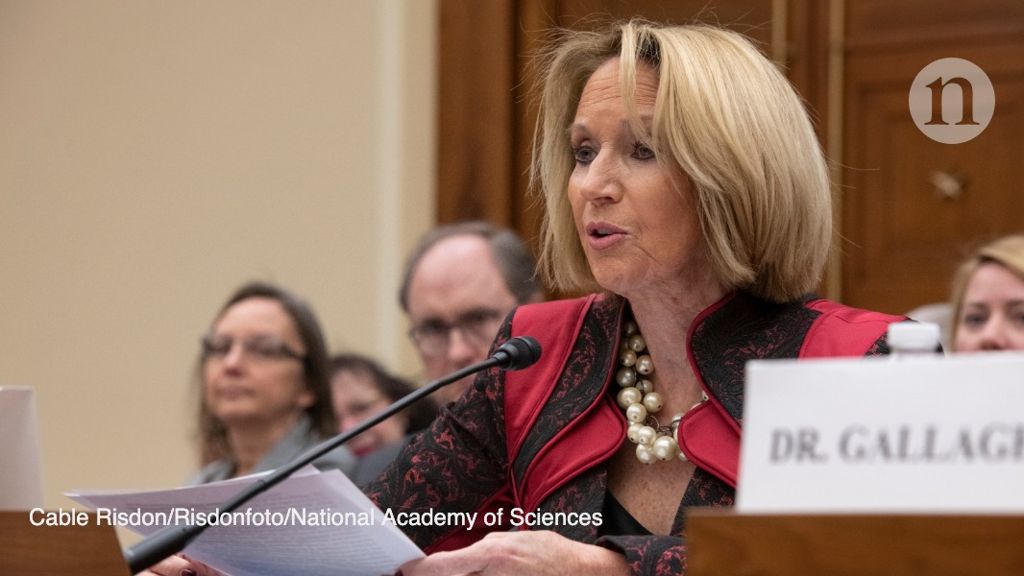
Survey of undergraduate women finds that most experienced some type of unwanted sexual attention during their physics studies. "A lot of times, people study how women can change to better fit in a field or be more successful. Perhaps physics needs to think about changing itself.”
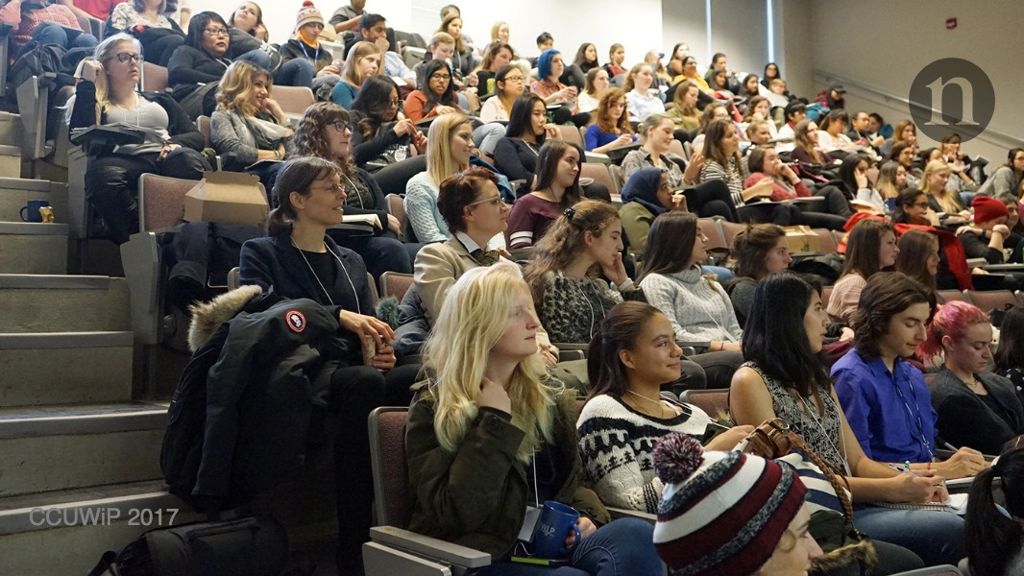
Everyone appears to be behind open access, but scratch the surface and you'll find that it's something of a touchy subject in academia, says Rachael Pells.
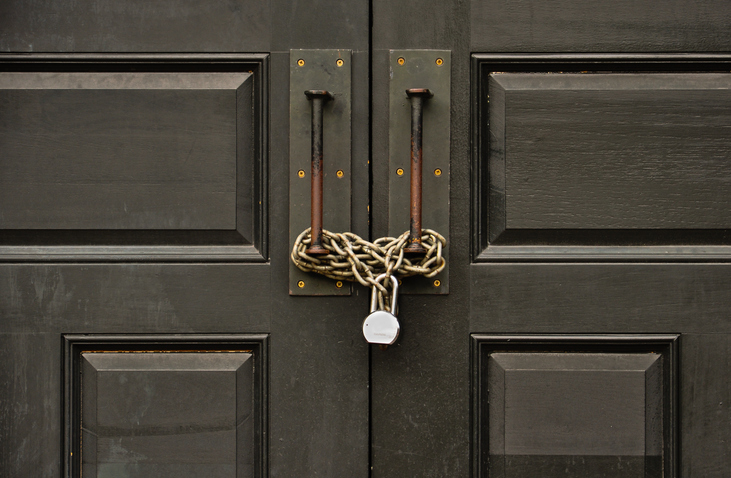
Sir John Kingman hints that research councils could withhold funding in cases where universities do not address unfair treatment of staff.
